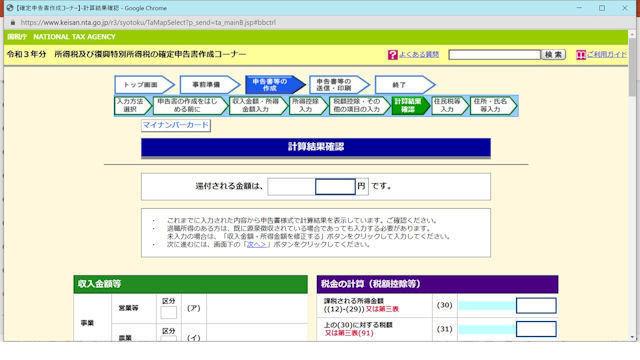Management crisis of the Chinese Tsuneju group, which has an impact on the entire industry
The China Tsuneju group has not been concerned about implementing the interest payment of dollar -built bonds
Friendship explanation of NRI researcher

In the field of real estate development in China, the news of both good evil has been mixed. While the Chinese Tsuneju group facing the management crisis is unexpectedly paid for dollar bonds, other real estate development companies have fallen into defaults (default), and to real estate development companies other than the Chinese Housan Group. The spread has become noticeable. Despite the fluid crisis, the Chinese Tsuneyoshi group paid $ 8.3.5 million on dollar -built bonds on October 21 to surprise creditors. rice field. It is conceivable that the authorities have worked hard to the Chinese Tsuneju group and implemented interest payments. What led to the fact that the Hana -sama -like group (Fantasia Holdings Group) has defaulted. Overseas creditors may have aimed to alleviate such concerns in response to further observations that the payment rankings would be lower. China's regulatory authorities have noted real estate development companies to fulfill all debt payments, including foreign bonds. According to Bloomberg, the National Development Reform Committee (reform committee) and the authorities of the National Foreign Affairs Bureau (SAFE) held in Beijing on the 26th, and if possible, paying for real estate development companies, if possible. I urged to do it. Real estate development companies who cannot make payments have been asked to report to the authorities immediately. The fact that the Chinese Tsune -maker paid for dollar bonds has not been guaranteed to pay for a series of dollar bonds in the future. Even after the implementation of interest payments, the dollar -built bonds of the Chinese Tsuneju group continue to be traded in nearly 20 cents per face value, and have a high possibility of default or large hair cut (reduction and exemption of debt principal). Reflects the perspective of.
The spread to the entire industry is progressing
ブルームバーグによると、中国当局は中国恒大集団の創業者で富豪の許家印氏に対し、同社の債務返済に個人資産を使うよう指示したという。ブルームバーグの推計では、許氏の資産は約78億ドルである。6月時点で3,000億ドル超に膨らんでいた中国恒大の債務全体に比べればかなり小さい額だ。ロイターによると、許氏はさらに、社債で資金調達した住宅プロジェクトに個人資金の一部を充てることにも同意しているという。当局は、債務返済に個人資産を投じるよう強いることで、許家印氏に対して強い罰を与え、乱脈経営のつけが大きいことを同業他社などにアピールする狙いがあるのだろう。政府による統制強化と中国恒大集団の経営危機を受けて、比較的健全な経営を続けてきた不動産開発会社も苦境に陥っているのが現状だ。代金を支払っても住宅が手に入らないリスクが高まったことで、個人が住宅購入、代金の支払いを急減させている。その結果、住宅販売は大きく減少している。また、代金が得られないリスクが意識され、建設会社も不動産開発会社からの新規受注に慎重になっているはずだ。経営環境が悪化して流動性が低下している不動産開発会社は、流動性確保のための手持ちの住宅を安売りし、また土地を投げ売りしている可能性がある。その結果生じる資産価格の下落は、住宅保有者の資産を目減りさせ、逆資産効果から個人消費にも悪影響が及んでいるはずだ。中国の不動産分野の苦境はまだ始まったばかりであり、今後も不動産開発会社のデフォルト、破綻といった悪いニュースが相次ぐことは避けられないだろう。(参考資料)“The Risks and Rewards of Playing Chicken With China“, Wall Street Journal, October 28, 2021“Kaisa Cut to CCC+ by S&P, Fitch on Refinancing Risks“, Bloomberg, October 28, 2021“China Urges Builders to Pay Debts After Default Hurt Trust“, Bloomberg, October 28, 2021木内登英(野村総合研究所 エグゼクティブ・エコノミスト)---この記事は、NRIウェブサイトの【木内登英のGlobal Economy & Policy Insight】(https://www.NRI.It was published in com/jp/knowledge/blog).
 notebook-laptop
notebook-laptop






